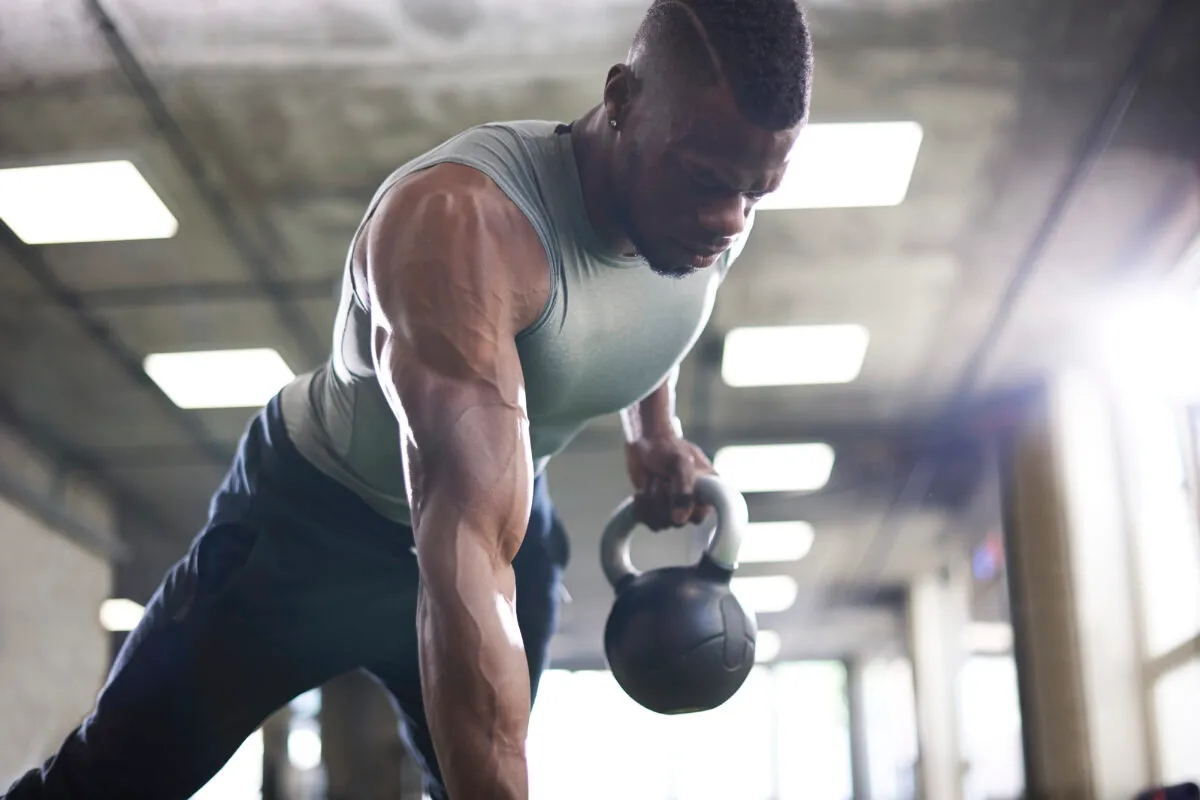Signing up to a gym can be daunting, even more so when it comes to deciding what to do when you’re in there. But if you’ve been doing some research, two popular training methods have likely caught your eye – HIIT (high-intensity interval training) and weight training.
While both are legitimate options in the gym, they are very different in their results and styles. HIIT is an exercise routine that works in short intervals of high-intensity movement.
The actual exercise varies, but can often include bodyweight exercise, sprinting, biking and other similar moves. Weight training, on the other hand, is the use of weights to improve your strength.
So the key question: which will make you fitter? “If you’re referring to aerobic capacity/cardiorespiratory fitness, then HIIT is likely to be the best option for middle-aged and older adults. If you’re looking to build absolute strength then weight/resistance training would be the best option,” says Dr Luke Connolly, a lecturer in physiotherapy at Plymouth University.
However, if you’re a complete beginner when it comes to exercise, you could find HIIT or weight training could feel like a very serious jump. “In line with physical activity guidelines, it is suggested that adults and older adults participate in 150 minutes of moderate intensity or 75 minutes of vigorous intensity exercise per week,” says Connolly.
“The high intensity nature of interval training can be somewhat uncomfortable to begin with, so it is advised that, for absolute beginners, they become accustomed to MICT first before trying HIIT.”
MICT stands for medium-intensity continuous training. This includes activities like jogging, cycling or pick-up sports like tennis, basketball or squash, normally consisting of 30-60 minutes of exercise at a time.

This can be a good gateway for someone who isn’t quite ready for the more demanding exercises of HIIT or weight training. After that, it’s a question of whether your goals are more aligned with strength or cardiorespiratory fitness.
However, HIIT and weight training aren’t one size fits all routines. HIIT simply refers to the intensity and can include a number of exercises. For example, high-intensity-functional-training (HIFT) is a method that combines resistance weight exercises with cardio routines.
So weight training is best for improving strength, and HIIT works for overall cardiovascular health – but what if you just want results from a quick exercise, if you only have time for a 30 minute workout for example?
“Considering that HIIT is just as effective as MICT for improving cardiorespiratory fitness, this time-efficient training would be the best choice for many. There is also evidence that HIIT can improve a number of cardiometabolic health markers for overweight and obese populations,” says Connolly.
“However, we also need to consider the enjoyment factor. Undoubtedly, HIIT is very strenuous and doesn’t suit everyone but there is evidence to suggest that HIIT does elicit positive psychological responses with pleasure and enjoyment higher during protocols utilising shorter intervals (30-seconds compared to 120s-intervals).”
The best exercise for you will come down to whether you're training strength or cardiovascular wellness, how much time you have, and how experienced you are in the gym. However, there is a lot of flexibility available and the best option will be a combination that works for you.
"The main goal is to ensure continued adherence to physical activity and exercise and preferences may change over time as goals change too. It’s also useful to remember that high intensity interval exercise can be found in a number of sports. Once, you have become accustomed to HIIT, you may wish to add a skill/team element to your training such as small sided footballorbadminton." says Connolly.
About our expert, Luke Connolly
Luke is a lecturer in physiotherapy from the University of Plymouth. He studies the effect of exercise and nutrition on diseases.
Read more:
